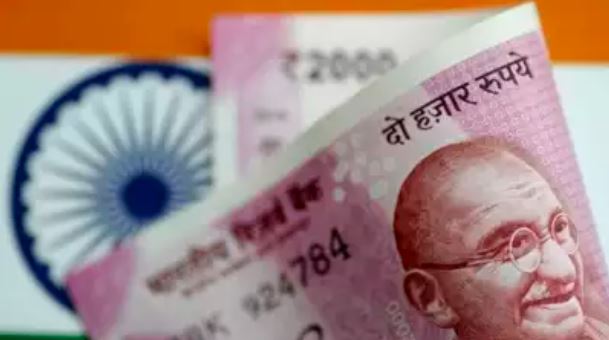In the last fiscal year, India received the highest ever Foreign Direct Investment (FDI). During the first wave of the coronavirus pandemic, the Modi government reformed the IT/ITes services industry rules, increased capital expenditure and implemented structural reforms in sectors like agriculture, and this has had a positive impact on the country’s macroeconomic outlook.
Thus, the foreign investors poured 59.64 billion dollars purely as FDI which is around 20 per cent more than the last year and if the total foreign investment – equity capital of unincorporated bodies, reinvested earnings, and other capital – is taken into account, it increased by 10 per cent to 81.72 billion dollars.
“Measures taken by the government on the fronts of FDI policy reforms, investment facilitation and ease of doing business have resulted in increased inflows. The trends are an endorsement of India’s status as a preferred investment destination amongst global investors,” an official statement from DPIIT said.
“Out of top 10 countries, Saudi Arabia is the top investor in terms of percentage increase during FY21. It invested $2.8 billion in comparison to US$ 89.93 million reported in the previous financial year,” it added.
The political stability in the country and a reformist government coupled with the demographic dividend are the right ingredients for the economic growth of any country and India has all three.
Investors around the world are convinced that the long term story of India’s growth is going to be positive, despite short term setbacks like coronavirus. “Economic growth will be tempered by the second wave in 2021, but growth will be strong this year and the long-term outlook is quite positive,” said Tom Masi and Nuno Fernandes, co-portfolio managers at GW&K Investment Management. “Short-term investors will be compelled to step aside, but long-term oriented investors understand the opportunity.”
The policy analysts, economists and corporate houses around the globe have positive reviews for the economic policies of the Modi government. Some of the most important economic reforms which were waiting in the policy corridors since the last few decades like- farm laws, labour laws, GST, insolvency law, rationalisation of corporate and income tax, were implemented by the Modi government in the last few years.
The GST was waiting for implementation in the policy corridors for almost three decades, as the previous governments could not bring all the stakeholders together to implement the uniform indirect taxation. But the Modi government has been able to build consensus for the implementation of GST in one of the most complex markets around the world. GST has helped increase the number of indirect as well as direct taxpayers. Top economists have predicted that GST will improve the GDP growth of the country by 1-2 per cent.
Similarly, the IBC is solving the bad loans crisis of the Indian economy, which has slowed down the credit for the past decade. Given the structural reforms in the Indian economy, the long term prospects look better for India when compared to the rest of the world which is dealing with acute slowdown and hopelessness amid the pandemic.
The market in India is flooded with liquidity and once the danger of coronavirus ends, there will be a huge surge in investment as well as consumer spending. Sectors like information technology, financial services, and agriculture are already performing better than in the pre-pandemic years, thanks to economic reforms and fundamental changes in the macroeconomy brought due to coronavirus. The other sectors too will pick up once the threat of the virus is over and the economy will grow like never before.
